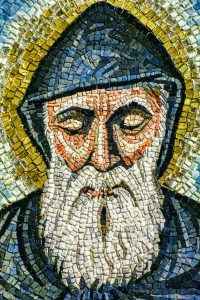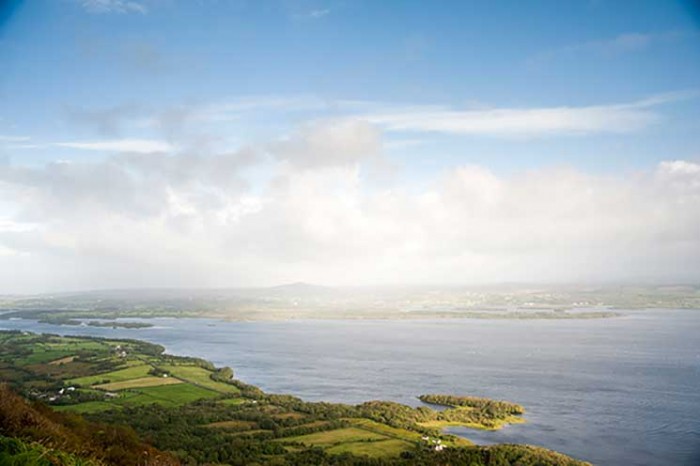Facts about St Patrick: 10 things you don’t know about Ireland’s patron saint
St Patrick – the patron saint of Ireland – is steeped in mythology.
St Patrick’s Day on 17th March commemorates St Patrick (17th March is believed to be his death day) and the arrival of Christianity in Ireland, although today it is more about celebrating the culture and heritage of the Irish in general. Today St Patrick’s day is a public holiday and celebrations involve public parades, festivals, céilidhs and wearing green and shamrocks.

Here are some more facts about St Patrick that we think we know to be true.
10 facts about St Patrick you might not know:
1 It is thought St Patrick was a fifth-century Romano-British Christian missionary, born in Britain in AD 387.
2 His name was thought to be Maewyn Succat.
3 At 16, he was kidnapped and taken as a slave to Ireland. Legend has it he was sold to a druid chief and for six years he worked as a herdsman.
4 While among the sheep, he “found God”.
5 He escaped and returned to his family in England where he became a priest.
6 He took the Christian-Roman name of Patricius, which was later known as Patrick.
7 He returned to Ireland to convert the pagan Irish to Christianity, using the three leaves of a shamrock to explain the Christian holy trinity: the Father, the Son, and the Holy Spirit.
8 Over three decades, he is said to have travelled the Emerald Isle, establishing monasteries, schools and baptising and ordaining priests.
9 While legend credits St Patrick’s evangelising with converting the Irish to Christianity, historians believe there were already Christian believers in Ireland by the time Patrick arrived.
10 It is believed St Patrick died on March 17 in 461AD and was buried at Downpatrick.
You can find out more about St Patrick’s Day celebrations in Ireland, here.
And find out about St Patrick’s Day celebrations in London, here.
Read more from Discover Britain:




